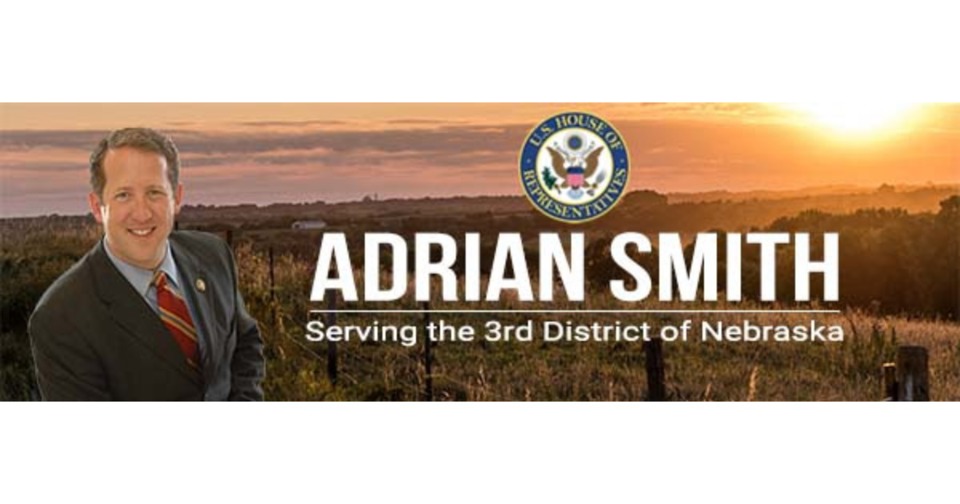The Border Crisis is Damaging to International Trade

Securing our country’s borders and safeguarding the American people are fundamental responsibilities of the federal government. Ongoing human trafficking at the border is a humanitarian crisis, and the smuggling of fentanyl and other illicit substances poses a serious risk to Americans.
Since taking office, President Biden has dismantled border policies such as Remain in Mexico, which were successful in relieving the crisis during the Trump administration, and even sued the state of Texas for enforcing immigration laws when the Biden administration failed to. Last month, the president issued an executive order suspending admittance of illegal immigrants seeking asylum at the southern border, contingent upon recording of a 7-day average of 2,500 illegal crossings per day. Setting a quota to allow an arbitrary number of illegal crossers to violate our laws is not serious border enforcement. There are correct and incorrect ways to apply for asylum, and illegally crossing our border between ports of entry is always the incorrect way. The action plainly shows, contrary to his own claims, the president can and must do more to enforce our laws and secure the border.
Another executive order the president signed recently to grant legal protection to immigrants illegally in the U.S. is not a long-term fix to our broken immigration system and creates the kind of incentives which will worsen the crisis at the border. History has shown amnesty only encourages more individuals to break our immigration laws. After nearly four years of neglect and inaction, President Biden is trying to play both sides of the field with unilateral election-year policy moves. If the President wants to enact immigration reform, he should earn the necessary support in Congress to pass legislation. Instead, he has chosen to ignore solutions passed by the House, such as H.R. 2, and is abusing his authority.
In December 2023, a surge in illegal crossings even prompted the suspension of rail shipments at crossings in Eagle Pass and El Paso, TX. As a result, transportation of U.S. agricultural and other exports was disrupted while the border itself remained unsecured. Nearly two-thirds of all U.S. agricultural exports to Mexico move via rail, and the Agricultural Transportation Working Group, made up of more than 40 agribusiness stakeholder associations, estimated $200 million in economic activity was lost each day of suspended rail operations. This demonstrates how severely the crisis can impact international trade and U.S. economic interests.
Fully securing our border demands proper customs enforcement, and I am working with my colleagues on the Ways and Means Committee’s Subcommittee on Trade to gather feedback from Customs and Border Protection (CBP) officials and empower them to do their job to protect Americans. We must ensure federal law empowers CBP to enforce our trade laws effectively while ensuring trade and economic growth are not diminished by the crisis.
U.S. trade policy should continue to set a high standard for enforceable, rules-based trade, which ensures the success of domestic industries while building strong relationships with our partners. To do this, we must also give law enforcement the tools they need to stop illicit products like fentanyl and products made with forced labor from ever entering the U.S. market, all while strengthening American competitiveness by minimizing unnecessary red tape.
A strong economy demands supply chain resiliency, and I’m committed to ensuring our customs policies safeguard American interests. I’m convinced we can succeed in advancing a bipartisan effort to minimize supply chain bottlenecks and stop illegal products from crossing our border.
In addition to our ongoing work toward a comprehensive update of customs laws, I look forward to working with my colleagues to consider all aspects of these complex issues and produce policies to increase American competitiveness, improve trade enforcement, protect American consumers, and expand opportunities for American workers.
In January of this year, I visited the border community of Eagle Pass, TX, with many of my congressional colleagues. Interestingly, during our visit there was a marked decrease in illegal activity. This tells me, when a strong message is sent that we are committed to securing our border, it can and does make a difference.
